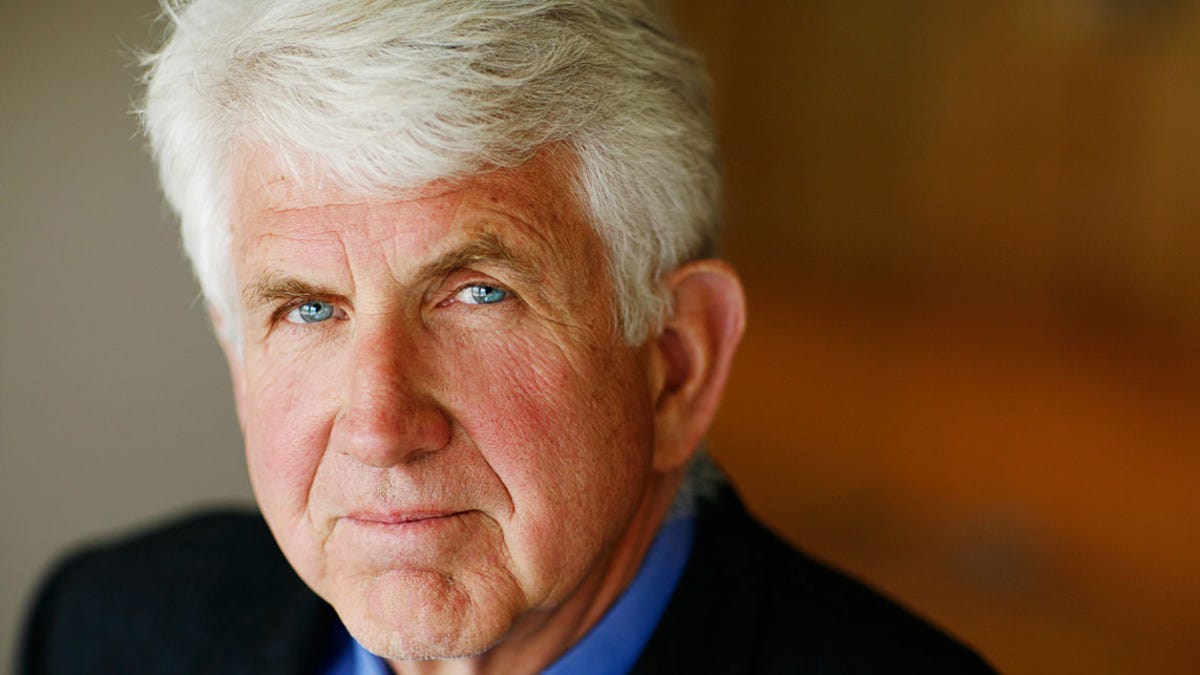50 Years Later, Creator of Ethernet Wins Computing's Top Prize
The network technology first linked the computers of schools and offices. Now it connects us all to the internet.

Ethernet inventor Bob Metcalfe won the 2022 Turing Award, the computing industry's equivalent of the Nobel Prize.
Bob Metcalfe has won the 2022 Turing Award, the computing industry's top prize, for creating the Ethernet standard that today connects billions of devices to wired and wireless networks.
The idea behind Ethernet emerged in a May 22, 1973, memo Metcalfe wrote to his bosses at Xerox PARC, the Palo Alto Research Center famous for a series of seminal computing inventions. Fifty years later, Ethernet connects virtually every laptop and smartphone to the internet.
The Turning Award, named after pioneer and famed World War II code-breaker Alan Turing, is bestowed by the Association for Computing Machinery and comes with a $1 million prize. It's often referred to as the Nobel Prize of computing. Previous Turing Award winners include dozens of luminaries who invented chip designs, encryption, programming tools, the web, the internet, and the AI technology that's become so hot today.
Metcalfe also founded 3Com, a company that profited greatly from the commercialization of Ethernet, and worked as a columnist, professor and venture capitalist, among other careers.
"It's my sixth career," Metcalfe said in an interview. He's writing software to try to use computers to simulate geothermal energy plants and other complex real-world systems. "My attitude is I want to do simulation not to optimize things, but to discover them."
Metcalfe's law
Metcalfe also is famous for Metcalfe's Law -- an idea he had, though not a title he came up with. The law states that the value of a network increases proportionally to the square of the number of devices that can use it.
"It was a good way to make a sales pitch at 3Com," Metcalfe said of the idea. Later, though, he validated the idea by connecting Facebook's membership total with its revenue. "For the first 10 years of Facebook, there's a perfect fit."
Ethernet speed boosts
Wired Ethernet began at Xerox PARC with data transfer speeds of 2.94 megabits per second. Now it's reached 800 gigabits per second -- about 272,000 times faster. Another doubling is in the works, to 1.6 terabits per second.
Wired Ethernet ports have faded from laptops and never arrived on phones. But the technology was adapted to the Wi-Fi standards, bringing new convenience and ubiquity to the internet. (Metcalfe prefers Wi-Fi's original name, Wireless Ethernet.)
Token Ring grudge
Today, it's nearly universal in digital devices, but Ethernet had stronger competition in its early days. The top of the list of rivals was IBM's Token Ring.
"Token Ring was a 20-year pain in the neck. Finally, we killed it," Metcalfe said.
He's still sore about it, he said in a half-joking tone.
"I'm only human. I bear a grudge against those bastards," Metcalfe said. "It's been 50 years. You'd think by now I would have forgiven them all, but the Token Ring people are not invited to my dinner parties."

